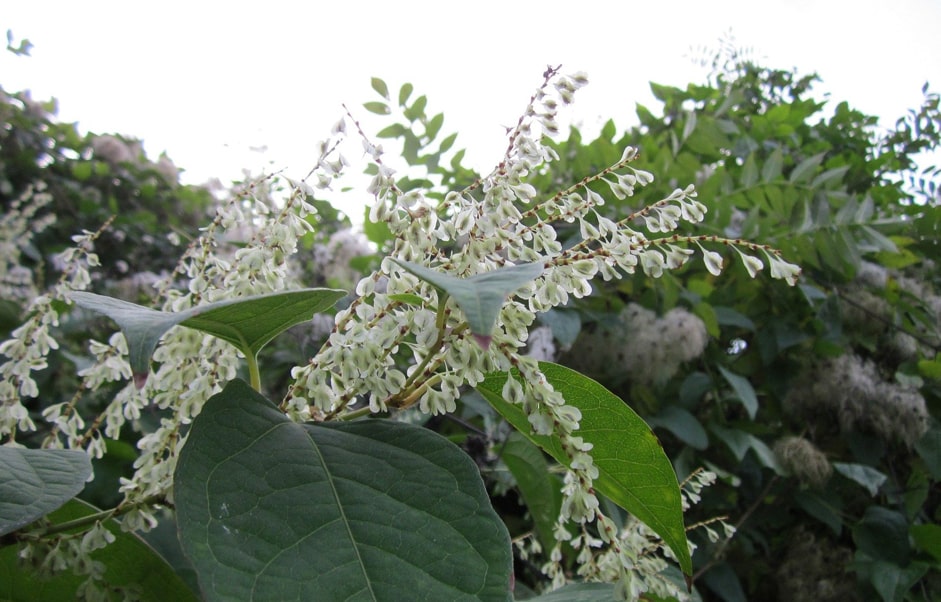
Should I buy a home with Japanese knotweed in the garden?
You’ve found a property that you want to buy, but there’s one issue: it has Japanese knotweed in the garden. Berkshire is known to be an area affected by the destructive species, – this is causing more buyers to ask if they should buy homes where knotweed is present. The answer is not straightforward and will likely vary for different buyers, but there are several factors to consider as you make this decision. It is important to count the cost before making the decision that is right for you.
Why would you be cautious about Japanese Knotweed?
- Japanese Knotweed can be incredibly destructive. If left untreated, knotweed can destroy your home’s foundation and cause severe structural damage. This damage is costly and can greatly diminish the value of your property.
- Removing Japanese knotweed is not easy, and it can be very expensive to get expert treatment. When considering whether to buy a property with knotweed, do your research on treatment options ahead of time so you can get an accurate price estimate. Treatment is expensive, but not as expensive as the damage knotweed will cause if left unchecked.
- Japanese knotweed can make it very difficult to get a mortgage due to the damage it can cause. While some lenders may refuse to grant you a mortgage altogether, others will simply require that you have a treatment plan in place before agreeing to lend to you.
- There are no legal implications for having Japanese knotweed on your property, but you are legally responsible for making sure it does not spread to neighboring properties. However, addressing the knotweed with proper treatment should protect you against any legal issues.
Despite the setbacks, buying a property with knotweed could have a few benefits.
- Knotweed devalues homes, meaning that you can often get a very low price on a property where it is present. Since many buyers are wary of buying these properties, you can get a good deal if you are willing to take the risk. Just know that some of the money you save on the home will need to go towards treatment. Likewise, be aware that you might have a hard time selling the property in the future because of the stigma on knotweed.
- While this species is not easy to treat on your own, expert treatment is typically very effective and can come with a 10 to 15-year guarantee in case the knotweed returns. Depending on how much money you save by purchasing a home with knotweed, the price of treatment is likely only a fraction of what you will save on the price of the property.
- Sellers are legally required to list Japanese knotweed on their TA6 form, ensuring that you know what you are walking into. However, it is always wise to get a survey done on the property before you buy it. The surveyor should be able to give you a clear picture of what you are dealing with and how much damage the knotweed has already caused. Knowing this information will enable you to make an informed decision on whether you want to move forward with the property.
Ultimately, deciding whether Japanese knotweed should prevent you from buying a property is up to you, as there are both pros and cons to these properties. Many find that they can buy for example, a 3-bedroom property that is priced amongst the 2- bedroom properties listed – a bigger house, for a bigger risk. Buyers must be able to measure that risk correctly. The knotweed will present challenges that need to be addressed, but given the right treatment and expectations, it does not need to be a deal breaker. The most important thing is that you do your research, consider the risk with the time it deserves, and go in with your eyes wide open.
